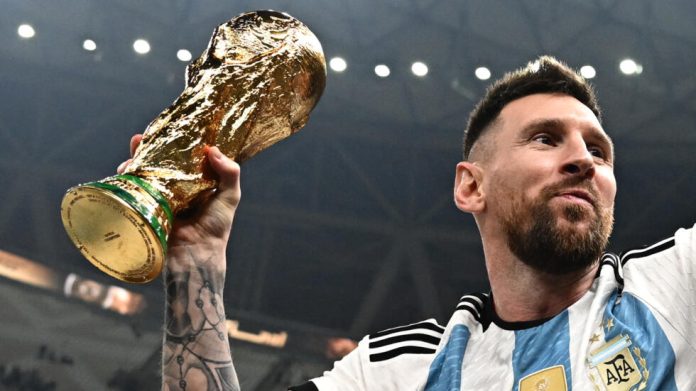Introduction:
Every four years, the world unites in a celebration of sport that transcends borders, languages, and cultures. The FIFA World Cup, the pinnacle of international soccer, is a tournament that has etched its place in history as a showcase of skill, passion, and the unyielding pursuit of glory. As we embark on a journey through time, let’s delve into the rich tapestry of the World Cup’s storied history, exploring the triumphs, the heartbreaks, and the indelible moments that have defined this global spectacle.
The Birth of a Dream:
The inaugural FIFA World Cup took place in Uruguay in 1930, laying the foundation for what would become the most-watched sporting event on the planet. Thirteen teams from three continents participated in a tournament that captured the imagination of fans worldwide. Uruguay emerged victorious, etching their name in history as the first-ever World Cup champions.
War and Resilience:
The tournament faced a hiatus during the tumultuous years of World War II, but it returned in 1950 with a renewed sense of purpose. The Maracanazo, the iconic 1950 final between Uruguay and Brazil, remains one of the most dramatic moments in World Cup history. Uruguay’s unexpected triumph in the Maracanã Stadium stunned the hosts and showcased the tournament’s ability to inspire underdog victories and forge indelible memories.
Pele’s Emergence and Brazil’s Samba Magic:
The 1958 World Cup in Sweden marked the emergence of a teenage sensation who would go on to become a global icon: Pele. Brazil’s victory, with a 17-year-old Pele dazzling the world, marked the beginning of the country’s love affair with the World Cup. The samba magic of Brazilian soccer, characterized by flair, creativity, and breathtaking goals, has since become synonymous with the tournament.
The Hand of God and Maradona’s Masterclass:
In 1986, the World Cup in Mexico witnessed one of the greatest individual performances in soccer history. Diego Maradona, the enigmatic Argentine, led his team to glory with a combination of sublime skill and controversy. From the infamous “Hand of God” goal to the “Goal of the Century” against England, Maradona’s brilliance left an indelible mark on the tournament.
Global Icons and Unforgettable Moments:
The World Cup has been a stage for some of the game’s greatest players to etch their names into the annals of history. From Zinedine Zidane’s elegance in 1998 to Ronaldo’s redemption in 2002, the tournament has produced moments that transcend the sport. Each edition introduces new heroes and narratives, weaving a narrative tapestry that reflects the ever-evolving nature of soccer.
Unity in Diversity:
What makes the World Cup truly special is its ability to unite nations and celebrate diversity. The tournament serves as a platform for countries of all sizes to showcase their talent, passion, and national pride. The joyous celebrations, the heartbreaking defeats, and the shared emotions of fans create a global camaraderie that goes beyond the boundaries of the pitch.
Conclusion:
As we look back at the history of the FIFA World Cup, we see more than just a collection of matches and trophies. It is a testament to the power of sport to inspire, unite, and transcend the challenges of our world. From the humble beginnings in Uruguay to the grand spectacles of modern-day tournaments, the World Cup remains a beacon of hope and a celebration of the beautiful game. As the anticipation builds for the next installment of this global carnival, we eagerly await the next chapter in the history of glory that is the FIFA World Cup.
























